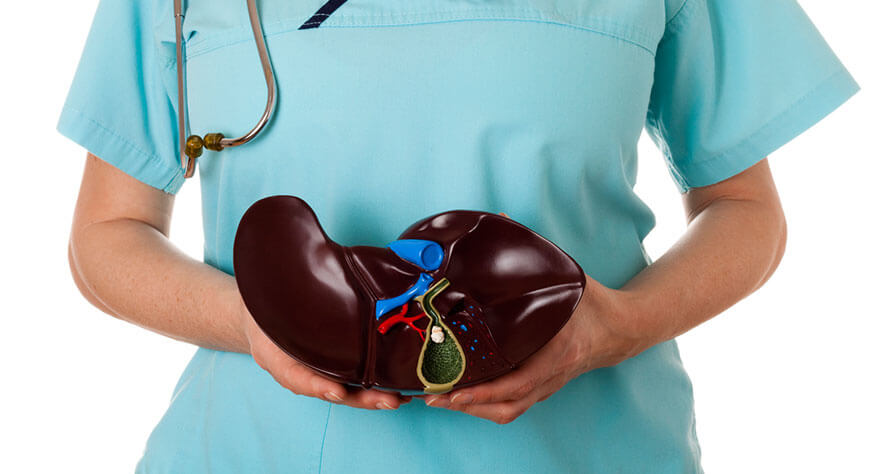Spare Organs & Their Functions

Our bodies are finely tuned machines…with a few extra widgets. We think of our organs as pretty vital things, but we can function just fine when some of them are removed. So why do we have them in the first place, and what are some reasons to give them the ax?
Gallbladder
The gallbladder stores bile, a substance made in the liver that helps you digest food. How it works after removal: The gallbladder used to send the bile to the small intestine; once the gallbladder is gone, the liver does the job instead.
The most common reason gallbladders are removed is gallstones. Those occur when cholesterol collects in bile, solidifies and forms stones that cause pain, nausea, and vomiting.
Appendix
Some things are a mystery. No one is exactly sure why we have an appendix. Theories include:
- When humans used to consume a lot of tree products such as bark, our bodies might have needed the appendix to process it.
- People without an appendix have a higher risk of infection of the colon, so it could serve a protective purpose.
The appendix is removed when people have appendicitis, which occurs when the organ gets blocked, swells and becomes infected. It’s more common in adolescents and children.
Second Kidneys
Kidneys, which sift waste products and water from the blood, have a built-in reserve; we need only about 15% of their function to meet our body’s demands. However, their function declines as we age, which could be why we have two. How it works after removal (or failure): Younger people have more enough reserve to function with one kidney, and those whose kidneys aren’t working at all can rely on dialysis.
The primary reasons to have kidneys removed are trauma and cancer.
Spleen
The spleen is like a bag of blood and is a blood filter. Dr. Fife said. The spleen’s job include:
- Recycling old blood cells.
- Processing bacteria and antibodies for the immune system.
When the spleen is removed, other organs take over its function. How it works after removal: The liver breaks down old blood cells. And lymph nodes take over the spleen’s immunologic function.
The primary reason the spleen is removed is trauma, such as a car wreck. It’s not unusual for those who suffer severe trauma to have their spleen rupture.
What Can You Do?
After registering at RegisterMe.org, there is still more you can do to support organ donation. For example, you can share your commitment to organ donation with your family and friends. Your generosity may inspire them to register. It is also helpful to spread the word about the tremendous need for organ donors on your social media channels. And, there are many ways to volunteer and support organ donation.
Ultimately, one of the most valuable gifts you could ever give costs just a few minutes of your time.



